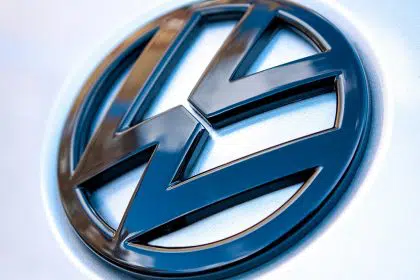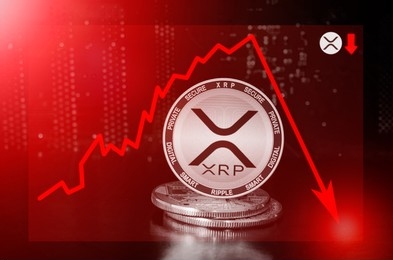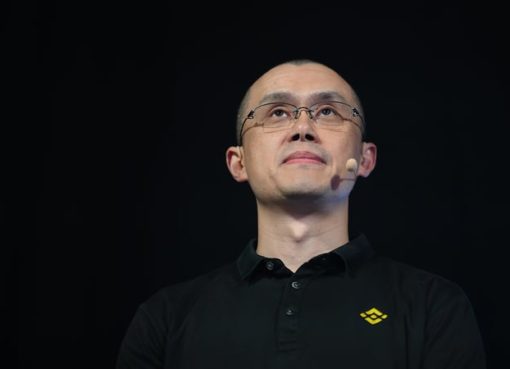Volkswagen posted first half earnings of $13.5 billion and now expects operating return on sales to go as high as 7.5%.
German automaker Volkswagen AG (XETRA: VOW) on Thursday, July 29, posted record first half sales of 11.4 billion euros ($13.5 billion) after experiencing a surge in demand for its products. The increased demand for premium cars in Europe and the Americas, and the tripling of electric car sales majorly contributed to the company’s sales volume. As a result, Volkswagen has now raised its projected profit margin target for the second time in three months. The company’s expected operating returns on sales is now between 6% and 7.5%. This is higher than the previously projected range between 5.5% and 7%.
The German car maker’s second-quarter deliveries were pegged at 2.55 million vehicles. This is an increase from the 1.89 million reported in the first half of 2020. Quarterly group sales revenue came in at 67.29 billion euros, up from 41.08 billion euros for the same period the year before. Furthermore, Volkswagen posted operating results before special items at 6.55 billion euros, up from -2.39 billion euros the previous year.
Volkswagen reports that it expects half of its sales in 2030 to battery-electric hybrids by 2030. It also stated that almost 100% of its new vehicles in major markets by 2040, will be zero-emission.
Volkswagen CEO Herbert Diess is happy with the realized first half operating profit before special items. In a recent statement, he attributed this to “…clear proof of how strong our brands are and how attractive their products are.” Diess suggested double-digit returns in the premium division of the company as well as rising demand for electric cars. The recent report suggests remarkable growth, considering that only last year the automakers had to lower their delivery expectations amid growing uncertainty.
The Volkswagen First Half Earnings Aside
Despite the recent sales optimism, Volkswagen expects to brave a peculiar and ongoing industry issue: a shortage of semiconductors. These semiconductors, also called ‘chips,’ are highly integral to the manufacturing of cars. The crippling effects of COVID 19 and rising demand have created a deficit of these said ‘chips’ in the industry. An effect so severe that even Nissan CEO, Makoto Uchida, has weighed in on it. The Japanese automaker’s top exec expects his company to manufacture half a million fewer vehicles in 2021, as released in a statement. As it stands, there’s also a shortage of factories making the older, less advanced chips that used in cars.
Volkswagen believes that there will still be hurdles to overcome in the future. In its earnings report, the carmaker cited economic challenges of the supply chain variety that will arise from a recovering global economy. Other issues it expects to tackle head-on include an increase in competition intensity and volatile commodity and foreign exchange markets. Lastly, there is the obligation to produce ‘greener’ vehicles that emit less carbon in the face of stringent emissions-related requirements.
Regarldess of the possible problems, the recent development is an improvement on the company’s situation exactly a year ago. At the time, the COVID-19 pandemic severely affected its sales volume.
Tolu is a cryptocurrency and blockchain enthusiast based in Lagos. He likes to demystify crypto stories to the bare basics so that anyone anywhere can understand without too much background knowledge.
When he’s not neck-deep in crypto stories, Tolu enjoys music, loves to sing and is an avid movie lover.




